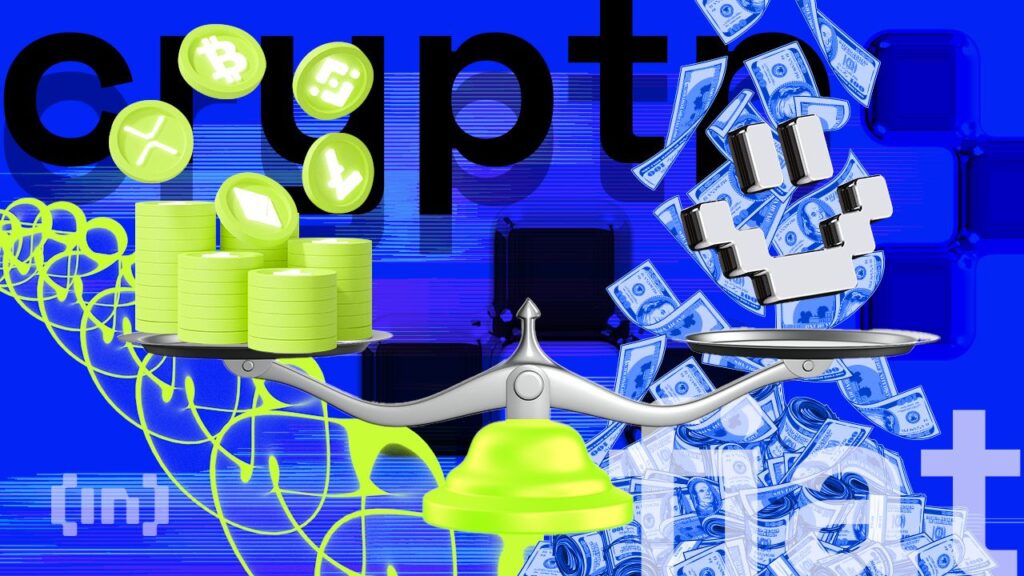Seven of Ethereum’s most established protocol teams, including Aragon, the Lido Labs Foundation, and the Uniswap Foundation, have joined forces to form the Ethereum Protocol Advocacy Alliance (EPAA).
The alliance represents a rare moment of unity among Ethereum’s major builders, as growing regulatory scrutiny in the United States and Europe threatens to reshape the governance of decentralized systems.
Sponsored
Sponsored
Ethereum protocol teams go on the offensive amid increased regulation
For years, Ethereum’s Layer 1 protocols have quietly powered DeFi, stablecoins, and smart contracts in the global Web3 ecosystem. However, as governments rush to regulate crypto, protocol developers, not just exchanges, are embroiled in policy debates.
The new global coalition will defend the open infrastructure that secures over $100 billion in on-chain assets.
In announcing the EPAA, the founding teams said their goal was to ensure that laws and regulations accurately reflect how blockchain systems operate, rather than how they are perceived.
“We have seen first-hand the technical and practical complexity involved in building on-chain systems. Bringing together the most credible protocol teams will help ensure that regulatory outcomes are achievable for the builders moving this space forward,” said Anthony Leutenegger, CEO of Aragon, in a statement shared with BeInCrypto.
What the Alliance represents
The EPAA’s common policy framework is structured around four key priorities:
- Protect the neutrality of the protocol layer, ensuring that the code itself is not subject to regulation.
- Advancing on-chain transparency as a source of real-time verifiable compliance.
- Preserve flexibility for innovation by avoiding rigid or overly broad standards.
- Maintain global access to decentralized, permissionless infrastructure.
Sponsored
Sponsored
Each of these principles reflects a broader concern within the Ethereum technical community. Specifically, the concern is that policymakers could unintentionally restrict the open networks that make DeFi resilient.
“Decentralization is the foundation of Ethereum’s credibility and resilience. Through EPAA, we are ensuring that policy recognizes and protects this principle,” read an excerpt of the statement, quoting Sam Kim, general counsel of the Lido Labs Foundation.
Meanwhile, Brian Nistler of the Uniswap Foundation added that the project’s past regulatory battles have reinforced the need for developers themselves to have a seat at the table.
Ethereum Builders to Bring Credibility to Crypto Politics
The creation of the EPAA marks a maturation phase in crypto governance, as builders transform into advocates. Unlike traditional trade associations, the group has no central leadership, budget or lobbying arm.
Instead, it coordinates with existing advocacy networks such as the DeFi Education Fund, the Decentralization Research Center, and the European Crypto Initiative, offering technical insights and developer credibility to policymakers.
“Those who build decentralized systems should help shape the rules that govern them,” said Connor Spelliscy, executive director of the Center for Decentralization Research.
The move comes as lawmakers around the world consider new frameworks for DeFi and smart contract regulation. In both Washington and Brussels, officials are grappling with how to classify decentralized infrastructure that lacks a central operator, a challenge the EPAA hopes to clarify.
Although the Ethereum Protocol Advocacy Alliance currently only includes seven founding members, the alliance is designed to grow over time.




